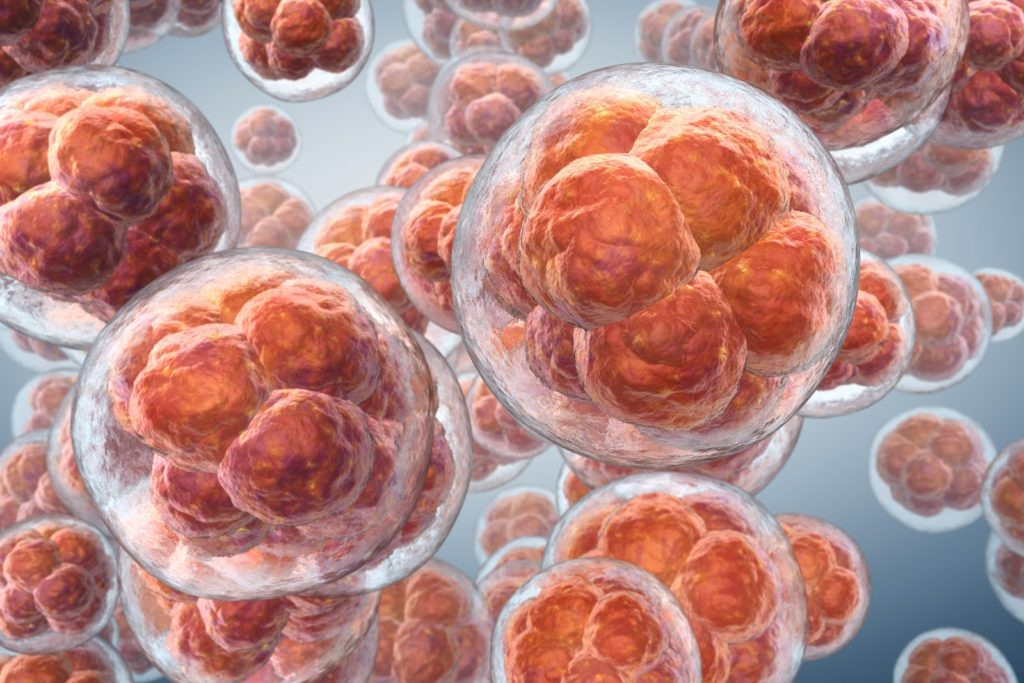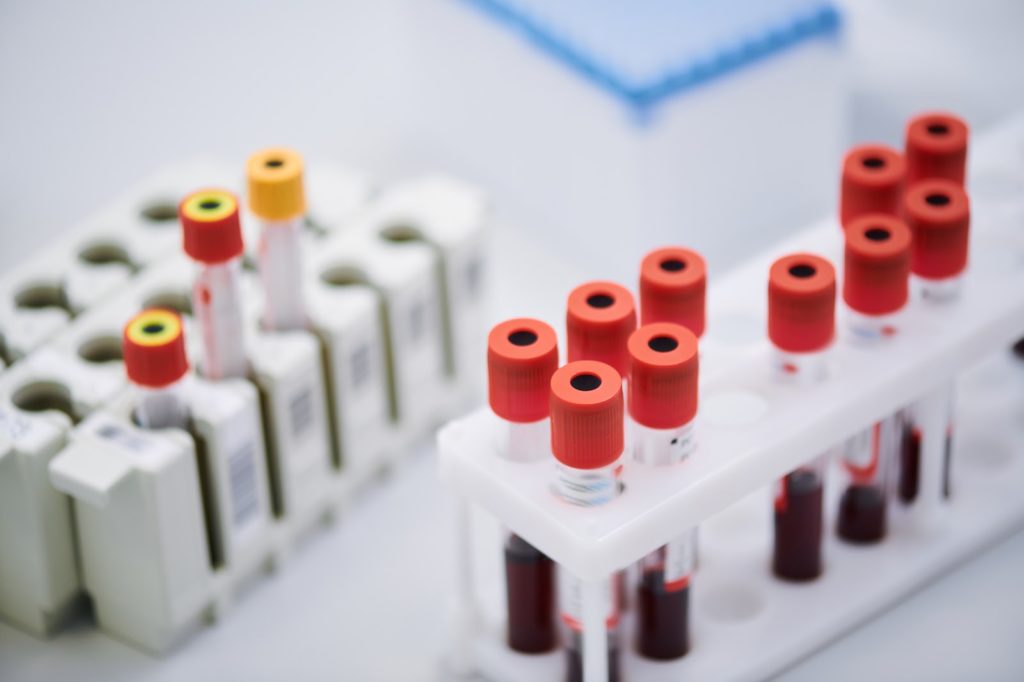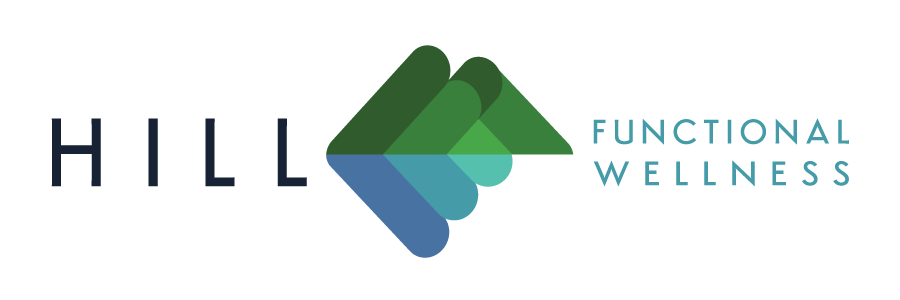The liver is arguably the most resilient organ in the human body. It performs essential life functions such as filtering blood from the digestive system, detoxifying chemicals, and helping metabolize drugs. It is estimated that the liver is responsible for over 500 essential functions, so prioritizing the health of the liver is essential.
As the largest internal organ, the liver takes up a significant portion of the right upper quadrant of the abdomen. However, due to human lifestyle choices and environmental factors, the six-inch organ can begin to shrink in both mass and size. The most common reason why this occurs is due to a condition called cirrhosis. This loss directly impacts the ability of the liver to carry out necessary tasks, and commonly results in severe health complications.
The liver is unique in its biological structure, as it has the proven ability to regenerate to full size and function from as small as 25 percent of its original mass. However, it is in the best interest of individuals to prioritize their liver health early on in life, as damage to the organ can still result in life-threatening (and sometimes irreversible) consequences.
How the Liver Repairs Itself
Healthy liver cell number and size remain very consistent and hardly undergo cell division due to the lack of need. However, this dynamic changes when damage to the liver is incurred. Because of this unique characteristic, the hepatocytes of the liver can rapidly reproduce at a relatively high rate in order to re-establish homeostasis. In the process of repair, liver stem cells express specific enzymes and proteins that help it differentiate into a hepatocyte (liver cell). These protein packing stem cells enable large amounts of healthy hepatocytes (liver cells) to regrow inside the organ, eventually helping the liver return to a properly functioning state.

While the body, and the liver specifically, undergo instinctual healing processes, human choice largely affects the ability of the organ to repair itself. Therefore, the decisions made by individuals can in fact, “make or break” the success of liver regeneration.
It is important to note that as a foundational concept at Hill Functional Wellness, we believe that understanding how our bodies work will guide us to better care for them. It is easy to “take advantage” of the incredible healing power that is ingrained in our DNA, and make lifestyle choices that may not be the best for us because we know those healing processes happen. But disease arises when these types of negative changes happen too rapidly or for a long enough period of time.
Making healthy choices on a daily basis help our body to function more efficiently to ease the burden of these repair and regeneration capabilities.
How to Help the Liver Regenerate to a Healthy State
With the right approach, liver repair is possible, but it starts with a proper understanding of the starting point. Through comprehensive blood work, examining various nutrient and chemical levels inside the body provides a roadmap to fixing liver issues.
For example, looking at liver enzyme levels can reveal issues such as hemochromatosis, which is when too much iron is present within the body. Testing is additionally important because liver damage commonly goes unnoticed by individuals. Diseases like hepatitis can destroy the foundation and function of a liver while individuals feel as if they are perfectly fine. Most people can lose close to 75-80% of their liver function before they even notice a symptom!
By better understanding the makeup of the liver, and body as a whole, a proactive treatment plan can be put in place to successfully support and accelerate the health of the liver and, when necessary, the regeneration process.

A Liver Supported Diet
Diet is a major lifestyle choice that many wrestle with — what is healthy, and what’s not? Dumping processed foods full of artificial ingredients, preservatives, and sweeteners into your body poses an unhealthy burden on your liver. In order to help heal the liver, nutrient-rich foods should fill the diet of an individual.
Think of it this way. One of the main tasks of the liver is to ‘filter out’ foreign, unusable, or re-configurable chemicals and molecules to either be discarded or repurposed for proper use. But it takes energy and resources to perform these tasks. So making food choices that do not include these types of substances helps the liver to prioritize its normal, healthy functions without being bombarded with the task of detoxification.
To help spur healthy cell division, consuming foods high in antioxidants and fiber has shown to directly increase the wellbeing of liver function. Starting with a plant-based or mostly plant-based diet that includes these types of foods are recommended:
- Grapefruit
- Blueberries and Cranberries
- Grapes
- Brussels Sprouts
- Broccoli
- Nuts
- Fatty Fish (Salmon, Swordfish, Mackrel)
- Beets
- Tea
A Lifestyle for the Liver
Outside of diet, other lifestyle alterations should be made to promote the repair of the liver. One glaring area that can dramatically change the health status of the liver is alcohol consumption. Cirrhosis is the ninth leading cause of death in the United States, with the overuse of alcohol causing a large portion of these liver-scarring cases. Significantly reducing or altogether eliminating alcohol consumption will help support the regeneration of the organ.
There is ample scientific evidence that points to fasting as being a tool that can help with liver (and other organ system) health. Whether it is a consistent, intermittent fasting schedule or a less-frequent, more long-term (24-72 hour) fast, this strategy can help your body to prioritize optimal function and eliminate waste and unhealthy by-products it may be burdened with through a mechanism called autophagy.
Additionally, a sedentary lifestyle can hinder the healing of the liver, as exercise helps improve the efficiency of the cardiovascular system and hepatobiliary system, and prevents harmful fat build up around the organ. Lastly, being aware of an individual’s work and living environment is necessary to optimize the health of the liver. Spending countless hours being exposed to harmful chemicals and/or toxic metals can wreck the bodily functions and halt any natural healing being done in the liver.
Ultimately, in order to tag-team with the liver’s proper healing processes, an individual must be willing to make consistent positive choices in their life to ensure the body can normalize liver enzymes and restore the organ back to its original, healthy status.
Need A Liver Doctor in Tempe, Arizona?
If you are suffering from liver complications, or just have questions about your current liver status, we are here to help. Contact us today to schedule an appointment at our Tempe, Arizona office, and together we will devise an evidence-based action plan that helps your specific liver health issues.

